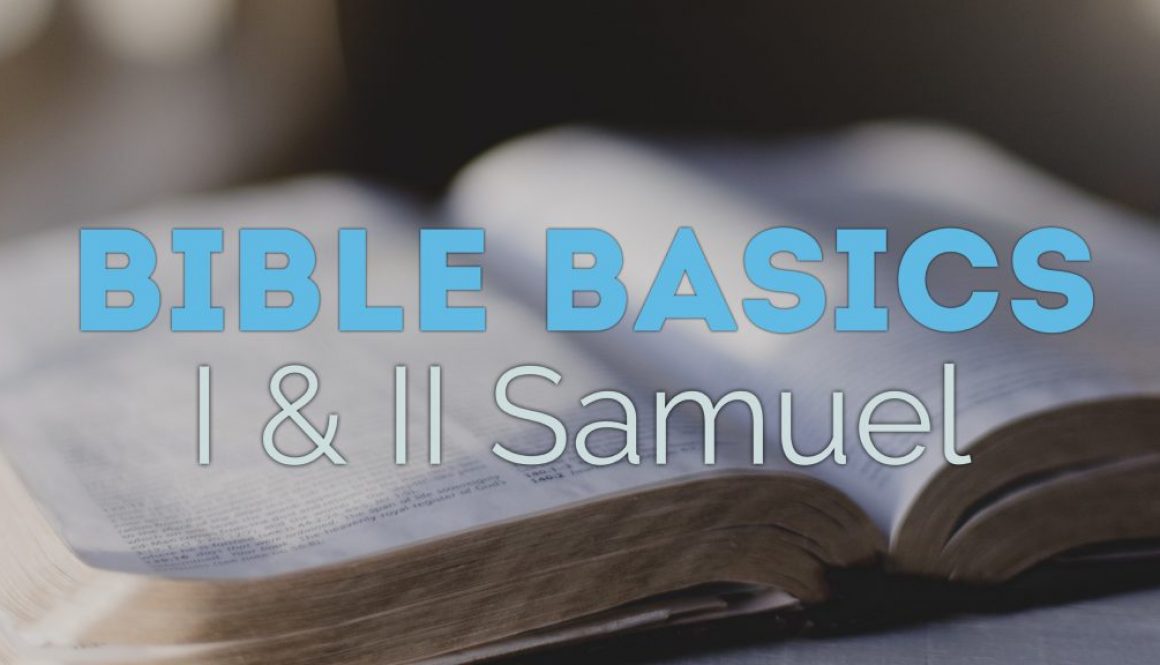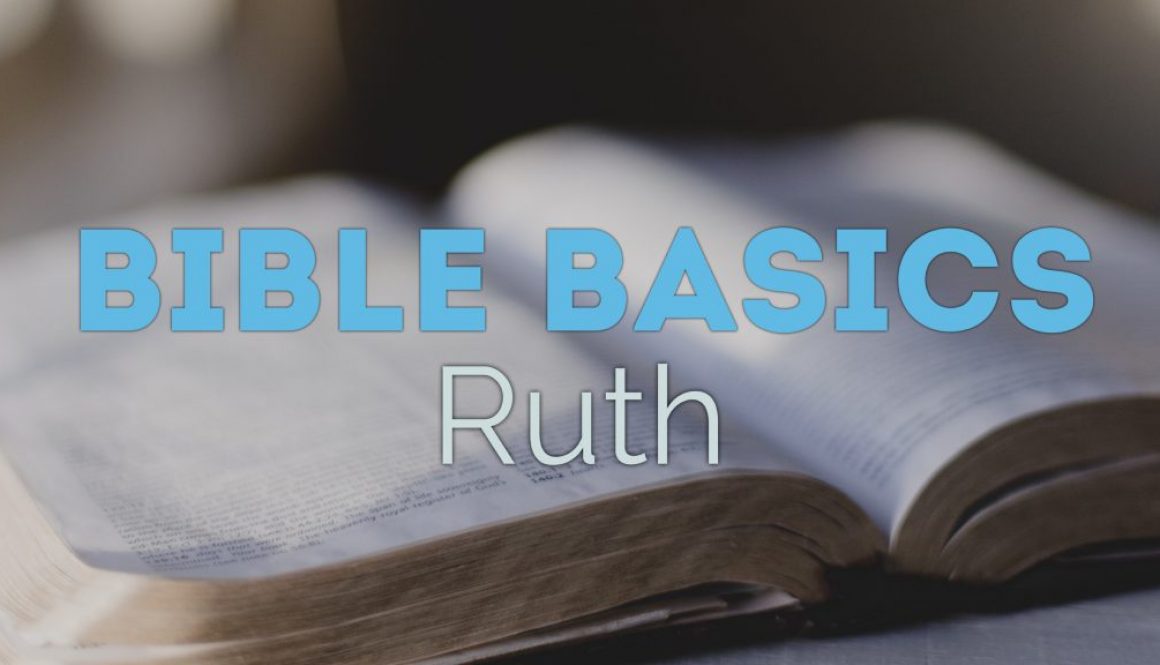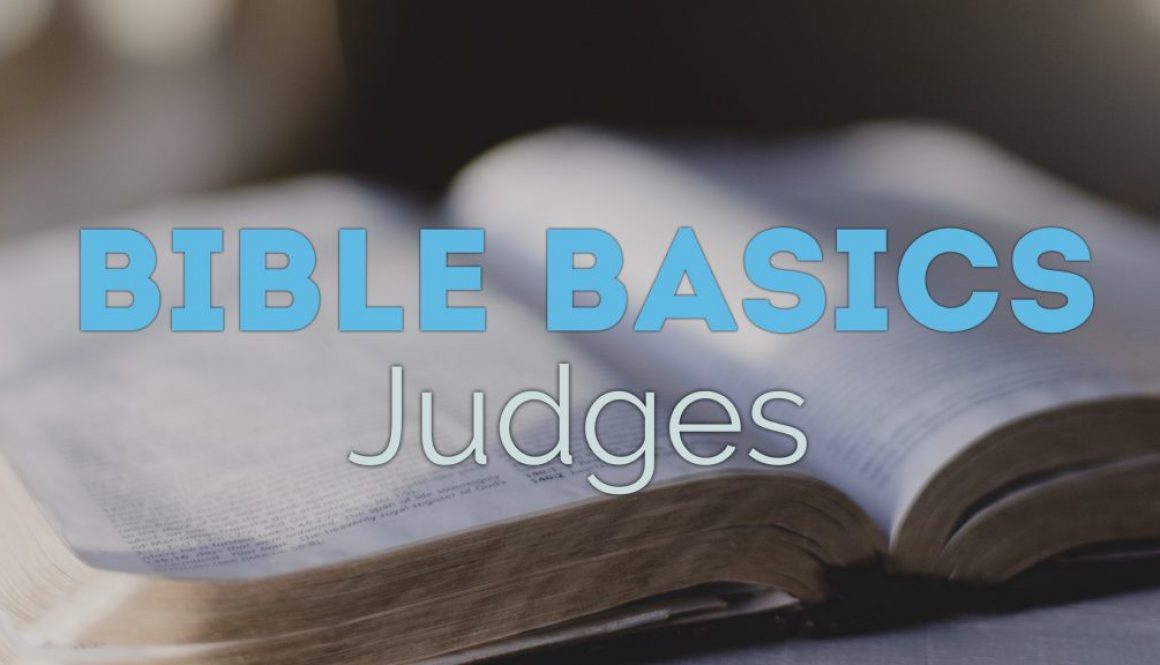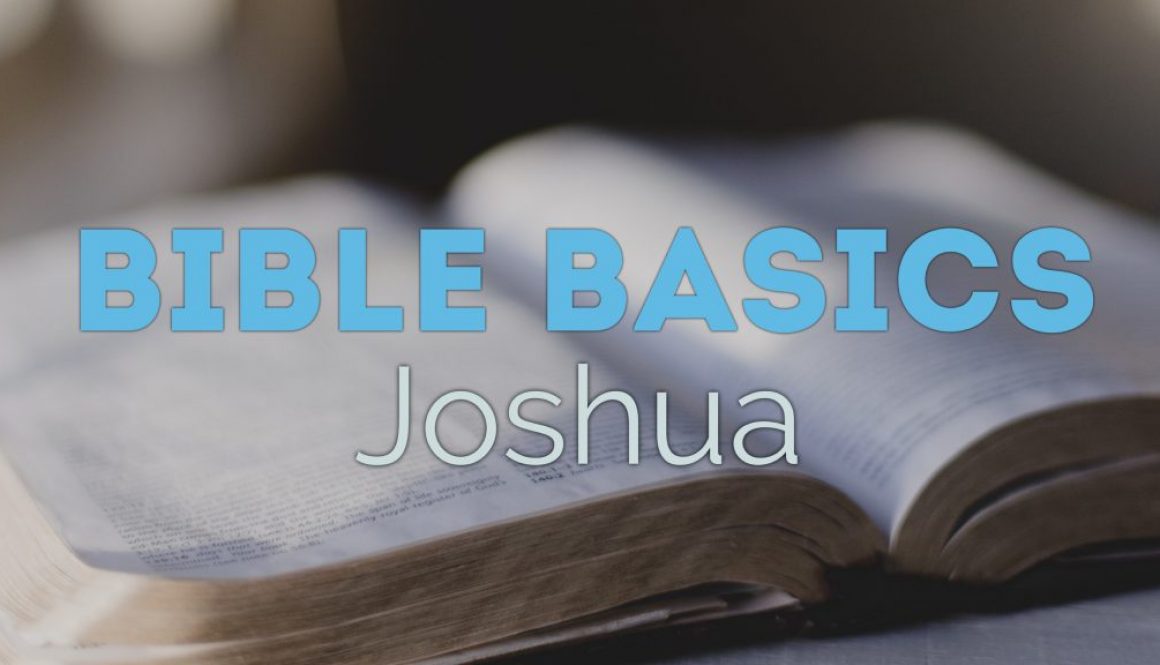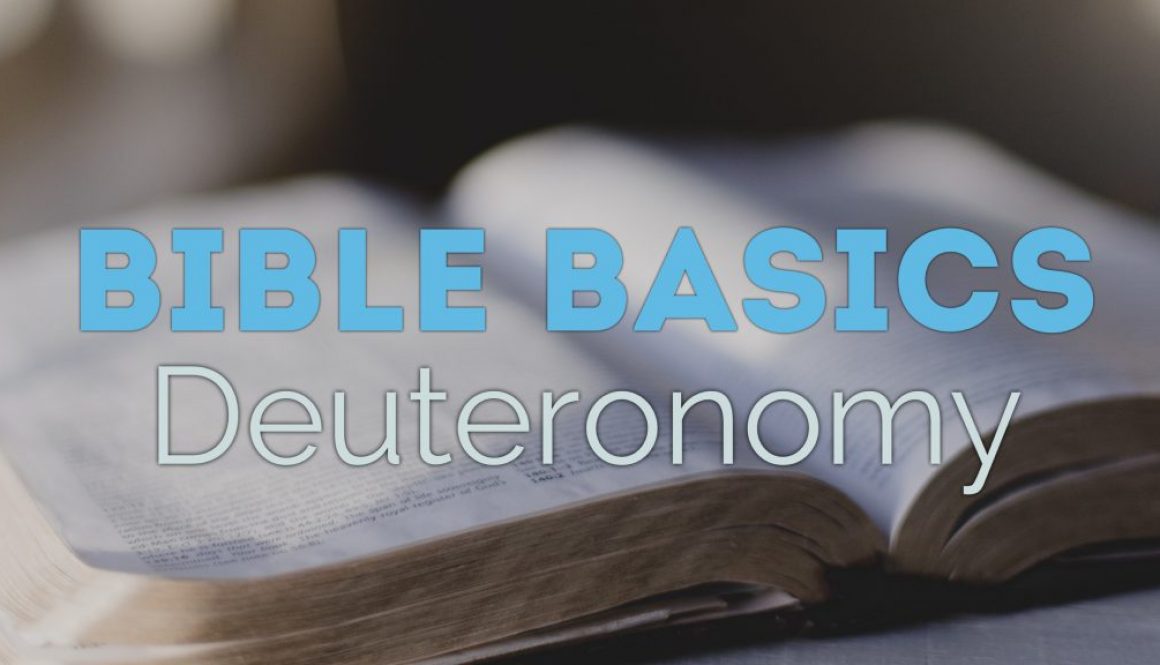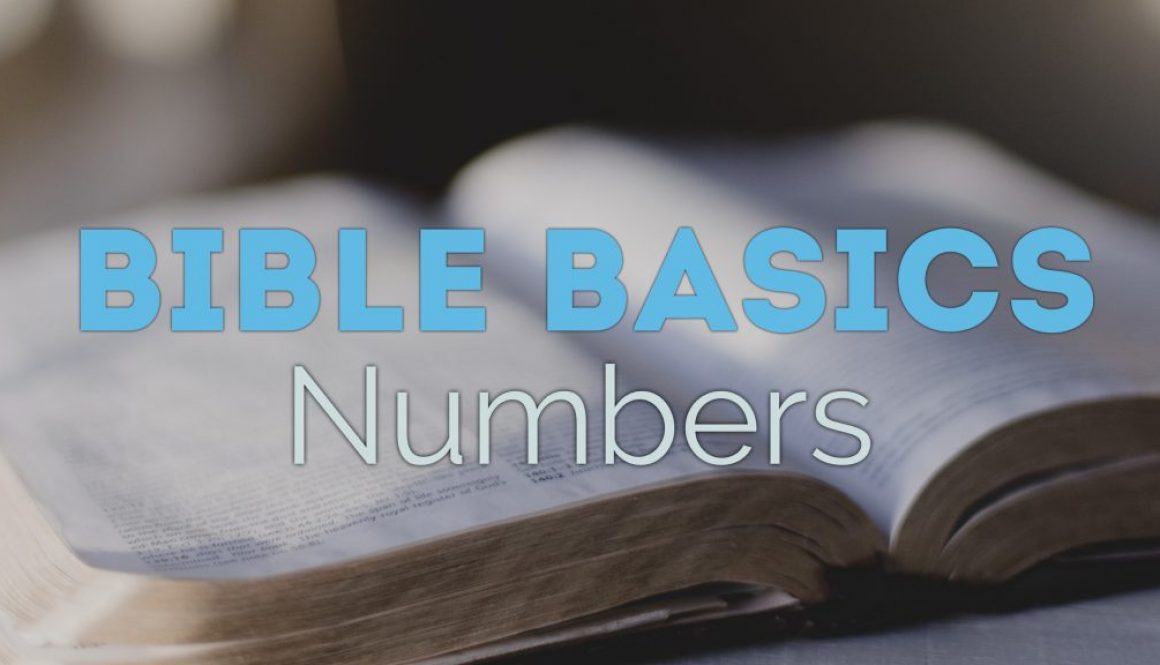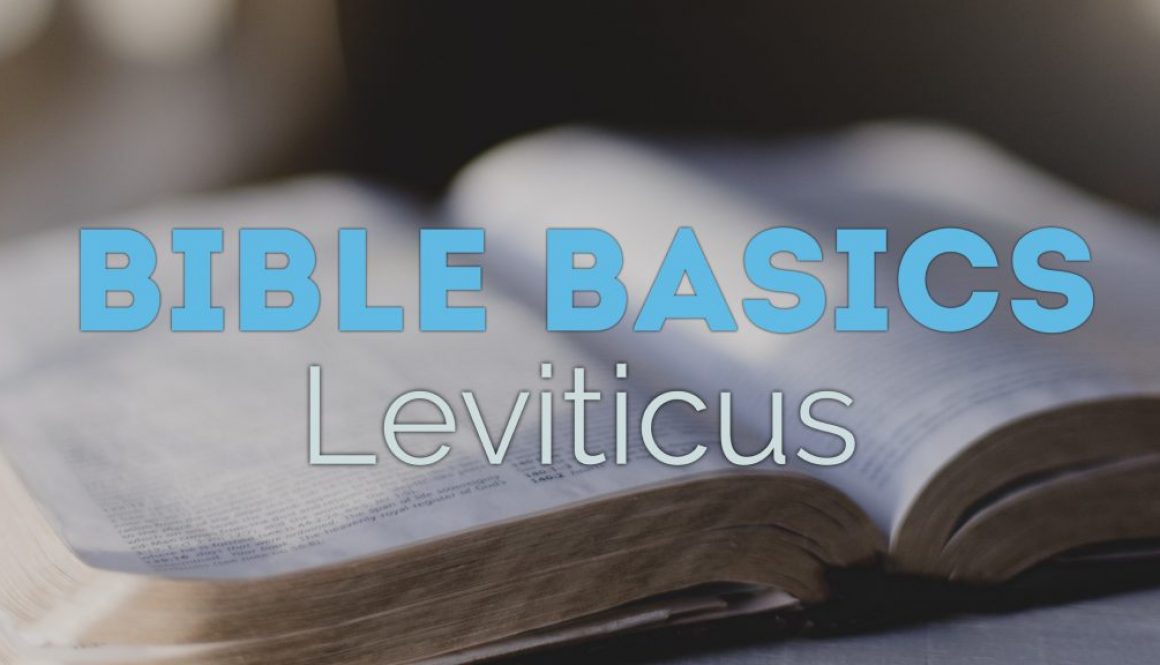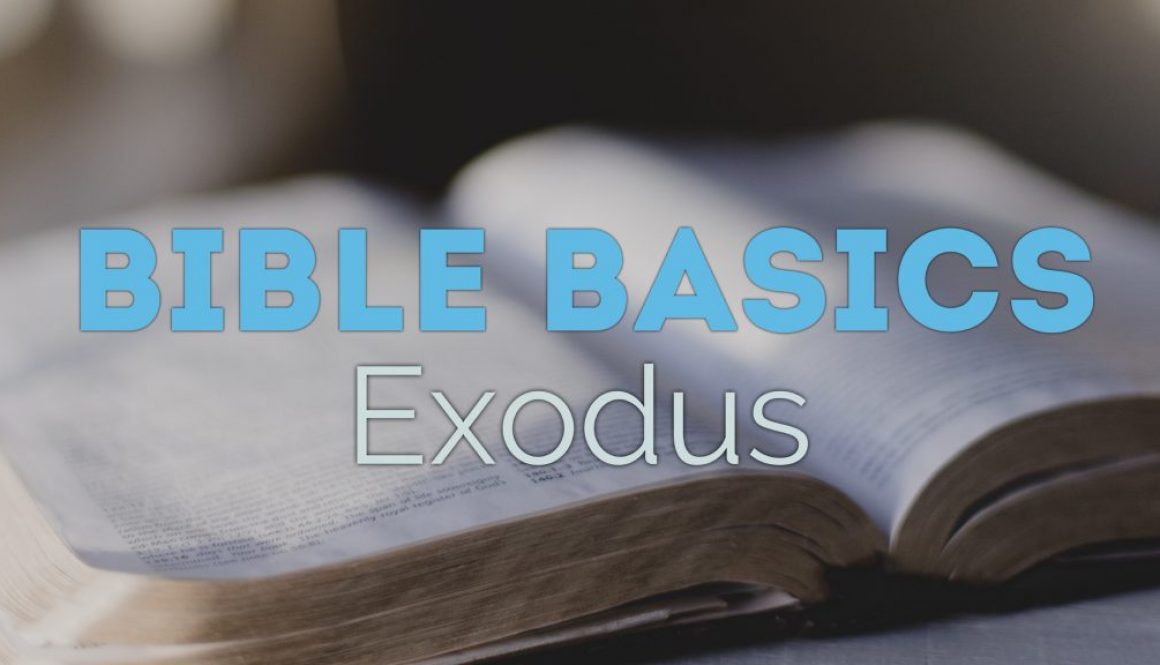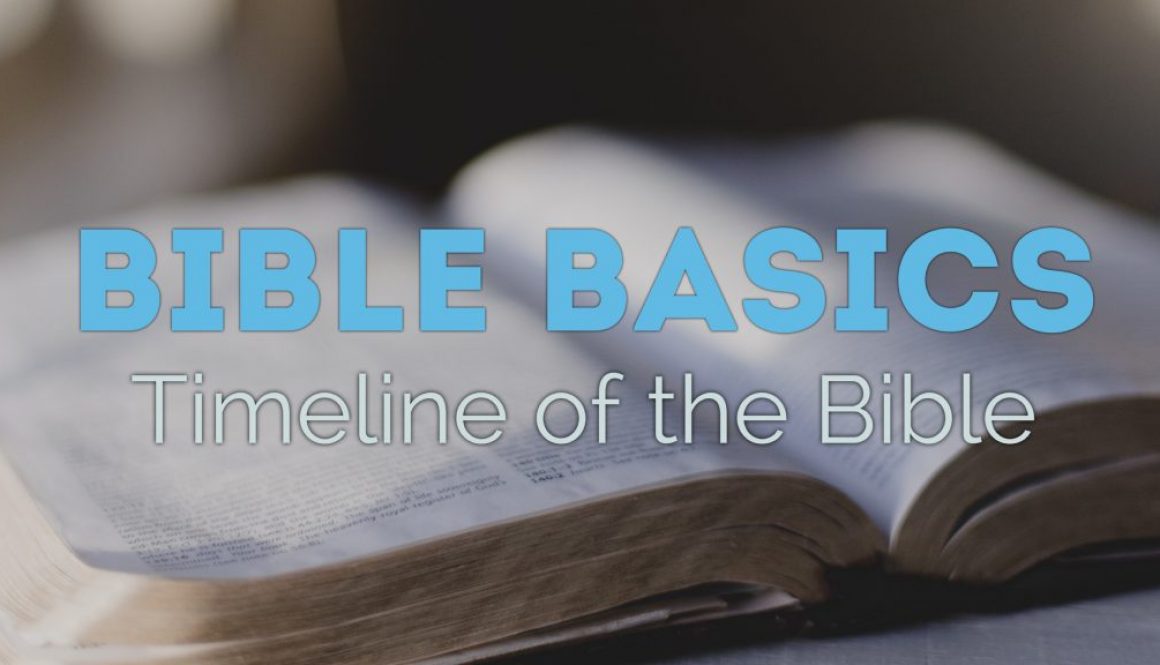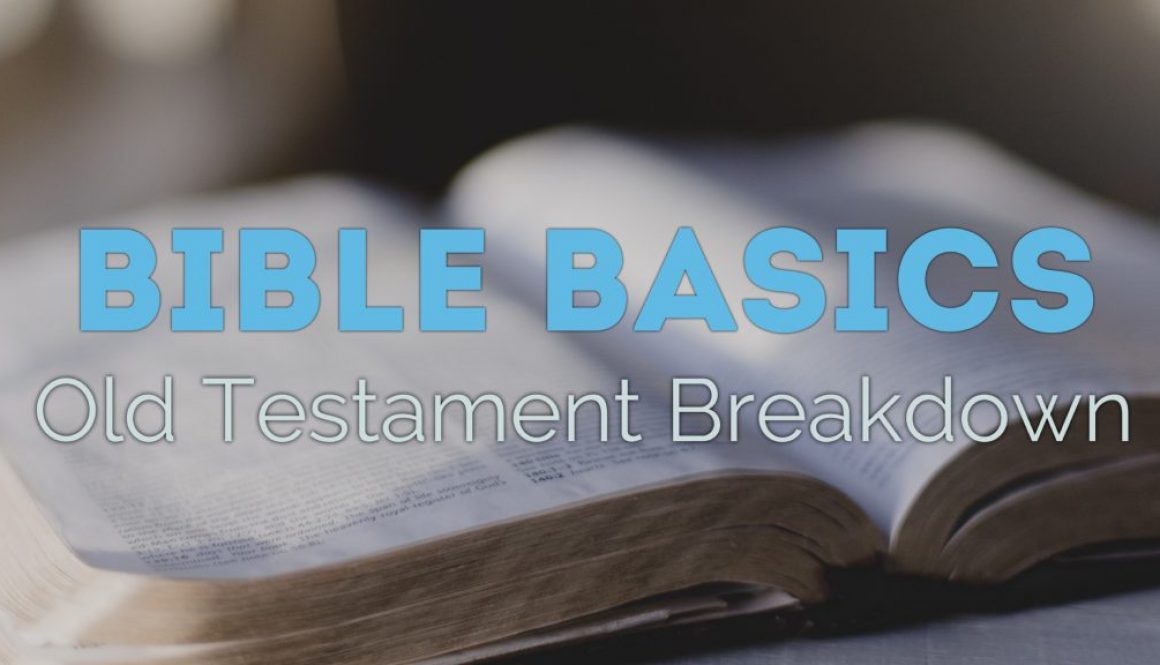First and Second Samuel
Author
Unknown. Some have suggested that 1 & 2 Samuel were compiled by various authors, of which many have proposed Abiathar, one of David’s servants; Nathan and Gad; or a group of students from Samuel’s school of prophets.
Date
Unknown. The detailed accounts of events do insist on first-person witnesses to the events, rather than being written down from oral histories at a later date.
Audience and Purpose
The books of 1 & 2 Samuel, originally written as a single book, continue to give a history of the nation of Israel for later generations of God’s people. They take us from the days immediately following the period of Judges, through the rise of Samuel as Prophet, and the Kingships of Saul and David.
Major Themes
- Anointings and Spiritual Offices: Prophet, Priest, and King. Each of these offices play a role throughout the two books. The Prophet, Samuel, is the directing voice of the Lord. The Priests are the ones who mediate the law and sacrifices on behalf of the people. The King is the one who would lead the nation, hopefully, to righteousness and obedience to God’s commands. All three of these offices of the Old Testament are fulfilled by Jesus in the New Testament.
- Theocracy. As opposed to a democracy, which is government chosen by the people, a theocracy is a government led by God. When the people demand an earthly King, they are refusing to live under the government of God. (1 Samuel 8:4-9).
Key Scriptures in 1 Samuel
- 1 Samuel 8:4-7 — “Then all the elders of Israel gathered together and came to Samuel at Ramah and said to him, Behold, you are old and your sons do not walk in your ways. Now appoint for us a king to judge us like all the nations.’ But the thing displeased Samuel when they said, ‘Give us a king to judge us.’ And Samuel prayed to the Lord. And the Lord said to Samuel, ‘Obey the voice of the people in all that they say to you, for they have not rejected you, but they have rejected me from being king over them.’”
- 1 Samuel 16:7 — “But the Lord said to Samuel, ‘Do not look on his appearance or on the height of his stature, because I have rejected him. For the Lord sees not as man sees: man looks on the outward appearance, but the Lord looks on the heart.’”
Key Scriptures in 2 Samuel
- 2 Samuel 7:12-16 — (Nathan the Prophet to David) “When your days are fulfilled and you lie down with your fathers, I will raise up your offspring after you, who shall come from your body, and I will establish his kingdom. He shall build a house for my name, and I will establish the throne of his kingdom forever. I will be to him a father, and he shall be to me a son….And your house and your kingdom shall be made sure forever before me. Your throne shall be established forever.”
Outline of 1 Samuel
- 1 Samuel 1:1-7:17 — Samuel the Prophet
- 1 Samuel 8:1-22 — Israel Demands a King
- 1 Samuel 9:1-15:35 — Reign of King Saul
- 1 Samuel 16:1-31:13 — Saul and David
Outline of 2 Samuel
- 2 Samuel 1:1-24:25 — Reign of King David
Gospel Summary
Through the books of 1 & 2 Samuel, we see Israel’s first Kings, Saul and David. Their reigns stand in stark contrast to one another. One, Saul, has the stature and grandeur of a man, is respected by all, and he lives and leads from ego and ambition, just as the kings of other nations. The second, David, is a humble shepherd, who is overlooked by all, yet his love for the Lord and reputation as “a man after God’s own heart,” is elevated before men, and promised a kingdom that is without end. Both of these kings are sinners, yet, one of them embraces sin and selfishness while the other one looks to God for help and guidance.
The promise to David, that his kingdom will be without end, adds another layer to God’s existing promises to Abraham and to Adam, and gets us another step closer to the revelation of Jesus. Jesus would not only be the promised Savior who would crush the head of the serpent. He would not only be the seed of Abraham who would bless all nations. He would also be the perfect, matchless Prophet, Priest and King, who’s rule would be without end.
© Anthony Scott Ingram 2020. All Rights Reserved.
Photo by Carolyn V on Unsplash
Unless otherwise indicated, all Scripture quotations are from The Holy Bible, English Standard Version®, copyright © 2001 by Crossway Bibles, a publishing ministry of Good News Publishers. Used by permission. All rights reserved.”
Please note that I do get a small kickback from Amazon for purchases made using the links on this site.
Should you choose to purchase from them, I just want to say thank you for further supporting my work in ministry!
You can also donate to my missionary work and ministry through Sozo Ministries, here.
